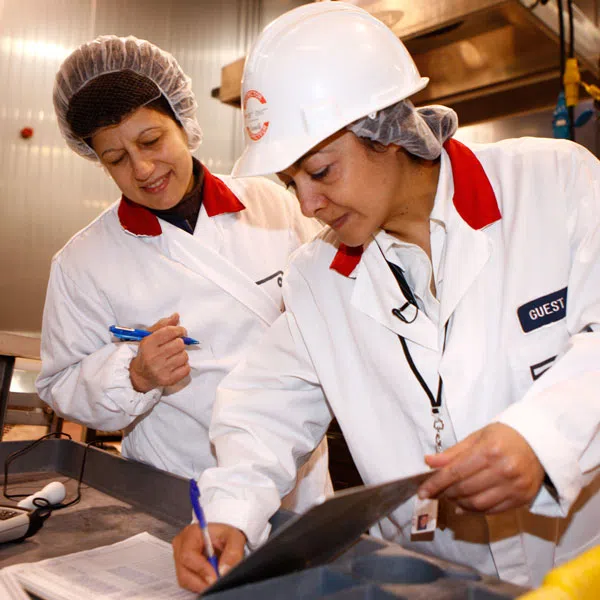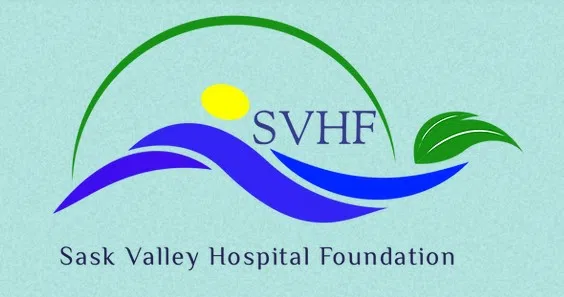
The money will allow the Canadian Food Inspection Agency (CFIA) to hire, train and equip additional staff.
The manpower—including recently retired CFIA inspectors and veterinarians—will fill in some of the personnel gaps created by the COVID-19 pandemic. Additional training will also be offered to provincial inspectors.
“If it is necessary, we will be able to share resources,” said Marie-Claude Bibeau, Canada’s agriculture minister. “We would not want any slowdown in the production in any meat plant because we don’t have enough inspectors available to get to work.”
The health of workers at large meat processing plants is also a concern. These employees work in close quarters and maintaining the recommended two metre social distancing is challenging.
Cargill has reduced production at its beef processing plant in High River, Alberta—while an Olymel pork facility has reopened following a two week shut down. The union representing the 2,000 employees wants Cargill to temporarily close the plant for two weeks as well.
During a video-conference with reporters on Wednesday morning, Bibeau was asked if she was satisfied with those moves.
“It is a business decision. It is not a decision being taken by the public health services or the CFIA. They have to evaluate what’s the best strategy for them to continue to produce and process at the highest level of capacity. I know the challenges are great but I’m confident the system is resilient enough that once we go through this short disruption period and they put the right measures to protect their employees, we will be in a better position after that,” she said.
The Canadian Cattlemen’s Association wants the federal government to establish a ”set-a-side” program, similar to one introduced during the BSE crisis in 2004. The idea is to help feedlots cope during times of reduced processing capacity.
Bibeau says different scenarios are being analyzed, but stated the food sector is a priority.


























